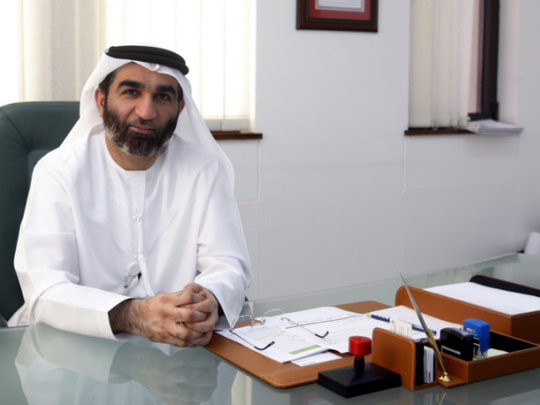
Dubai: Dubai Hospital, the city’s largest hub for tertiary health care, will not accept advanced pregnancy cases unless the patients are registered with the hospital, a top official told XPRESS.
Dr Abdul Rahman Mohammad Al Jasmi, CEO of the hospital, said in an interview: “Under a new policy that will be implemented from October 1, Dubai Hospital will not accept pregnant women going into labour if they are not booked with us. Those who wish to avail of our services have to register before the 24th week of gestation.”
He said Dubai Hospital handles about 4,000 deliveries every year, of which about 15 per cent are unregistered. “The aim of the prior registration is to ensure that pregnancies are monitored so they can run smoothly and the burden of high-risk or premature deliveries is minimised.”
He said unmonitored pregnancies could result in complications and treatment at huge expense.
Even as Dubai Hospital undergoes a massive expansion to accommodate the rising number of cases, Dr Al Jasimi said it is important for the public to know that the emergency department does not handle cases of acute trauma like Rashid Hospital.
“Ours is a tertiary care facility and we receive over 1,000 outpatients every day. We see a daily average of 350-400 cases in our emergency department and have a daily bed occupancy of 400-500.”
Of the 650 beds in the hospital, he said 450 are for inpatients and 180 for day cases. “By January 2015, we will be adding 50 more beds to meet the demand which is increasing as Dubai’s population grows.”
He said 30-35 per cent of the patients are Emiratis and the rest are expats. The new Emergency Department has separate wings for men, women and children. “The A ward for men has 32 beds, four resuscitation rooms and 26 dedicated doctors. The B ward for women and children has 23 beds, three resuscitation rooms, 15 specialists, including paediatrics and six from obstetrics and gynaecology. Cases that come in are either “life-saving” or “chronic” and are handled by the hospital’s different specialities including cardiac, cancer, nephrology, paediatrics etc.”
Dr Al Jasmi said the average time spent by a patient in the hospital depends on the nature and seriousness of the case. “Usually, we keep emergency patients for 24 hours after which they are discharged or admitted as inpatients. Inpatients spend about 10-14 days in hospital.”












